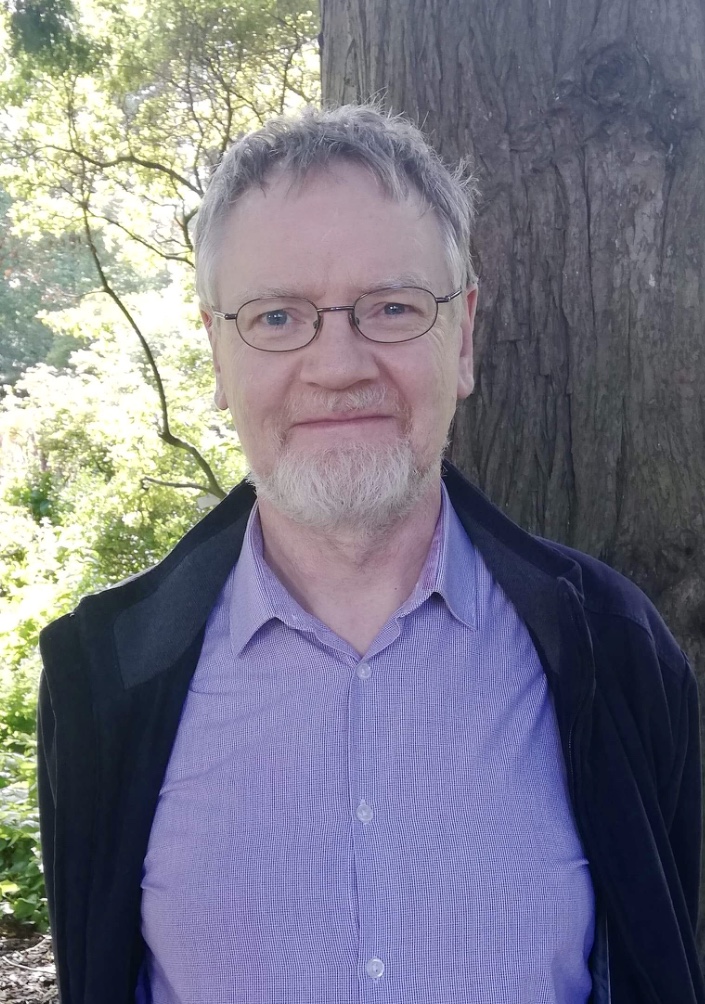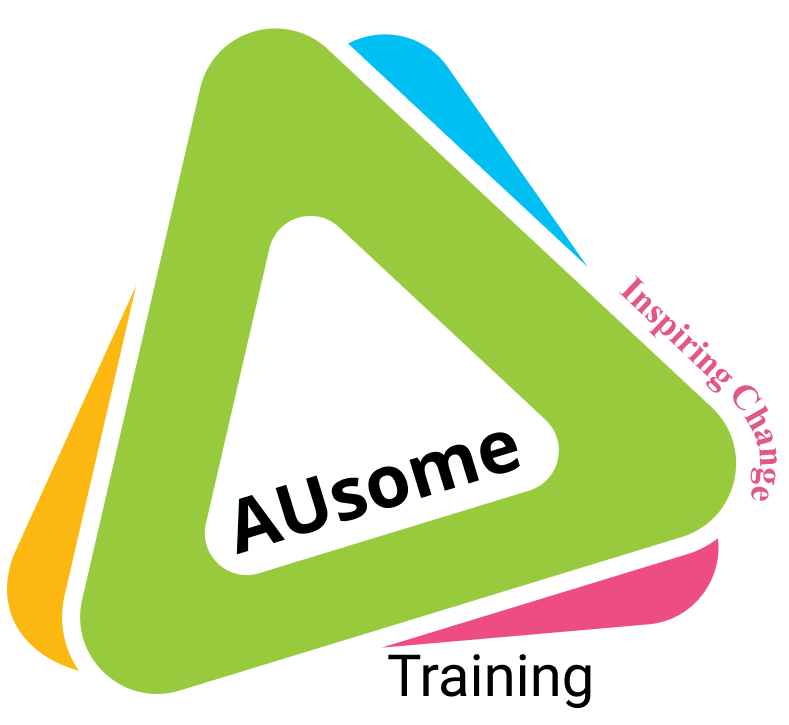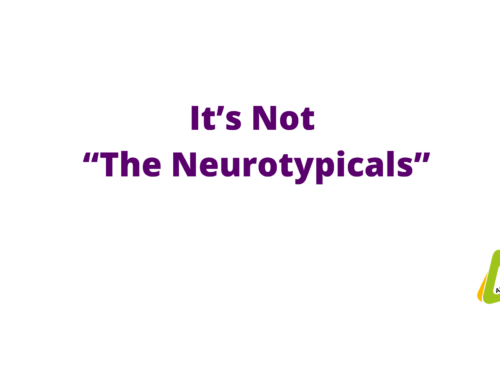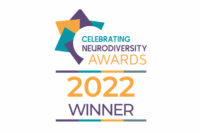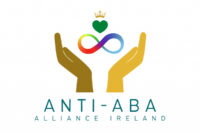by Amy O’ Regan
When did your story in the Autistic Community first begin?
On the 4th of November 2012 (after a period during which I kept thinking “That aspect of me is kind of a bit autistic”, and “Hey, so is that”), it suddenly all came into focus and I realised “Ah, so I’m autistic then, that would explain it!”
This launched me into a period of intense (of course) exploration into the nature of the autistic mind in general, and my own in particular – lots of reading, and (more cautiously) exploration of Facebook groups etc.
Did discovering you were Autistic give you a sense of clarity and better understanding of self? In what way?
It certainly did! Lots of aspects of my personality that I had thought of as quirks at best, flaws at worst, came into focus as strengths at best, neutral characteristics at worst. Of course, some autistic characteristics don’t fit well into certain contexts (as of course is also the case with certain non-autistic characteristics). Part of my growing sense of clarity came from deciding which of challenging contexts I could simply decide to be less involved in, now that I had a better sense of my real needs. Examples would be – social occasions with anyone other than friends and family, small talk in work contexts, chatting to random strangers (Covid has helped to get rid of most of that for now… no sitting beside strangers in planes…). That leaves more time and energy for the things I really want to focus on.
Can you tell us a bit about your line of work as a Counsellor/Psychotherapist?
I work in private practice these days, with previous experience in the field of intellectual disability, addiction rehabilitation, and therapist education. I work a lot with low self-esteem, addictive behaviours and anxiety, especially social anxiety. Like many therapists, my interest in these areas partly reflects my own personal history. Over the last few years, I’ve been increasingly working with autistic clients (or clients who are exploring whether they may be autistic) – and loving it! I work in a practical, focused, open, collaborative, educative way, which I think reflects my autistic nature, and probably suits many autistic clients.
Why do you believe there is still a tragedy lens around Autism instead of a celebratory attitude?
Humans and human institutions seem to have, as their starting point in relation to any difference, “There must be something wrong here, a problem that needs fixing, maybe even eliminating”. The medical model of autism (and of neurodivergence and disability) is the version of that tendency which is currently doing most to hold back the much-needed change in thinking with regard to the great contributions that autistic people could (and do) bring to the world.
What advice would you offer to parents who are awaiting or who have just received an autism diagnosis?
It’s a time of uncertainty, but try not to overthink, over-worry, over-catastrophize. Take your time to learn what you need to learn, from reliable sources.
Would you like to tell us more about the social media pages you run ‘Autistically Minded’ and ‘Neurodiversity Ireland’ ?
Autistically Minded is more of a personal project, a space to do my bit in spreading helpful and accurate information about the autistic experience. I also use it to share one of my interests – nature photos.
Neurodiversity Ireland has similar goals in relation to the broader Neurodiversity perspective, and I hope to expand it at some stage as a page and website providing resources for professionals, as well as anyone else who is interested in deepening their understanding of Neurodiversity as an evolutionary fact, as a paradigm/framework which helps us understand Autism, ADHD, etc as “Neurodivergent” examples of human Neurodiversity, and as a minority rights movement, part of the broader diversity movement.
What can parents expect to learn from your talk on the 21st of March on ‘Good Enough: Minding Your Mental Health as a Parent’ ?
We’ll be looking at common responses to the new challenges that arise for parents of a child with non-typical perspectives and needs. I’ll be emphasising the concept of “good enough” parenting at the AUsome Parents Conference as some parents can fall in the trap of over-responsible “super-parenting”, trying to “fix” problems that may not be there. This can lead to increased worry, anxiety and stress, and lowering of their self-esteem. We will look at some CBT approaches to helping parents escape this trap.
